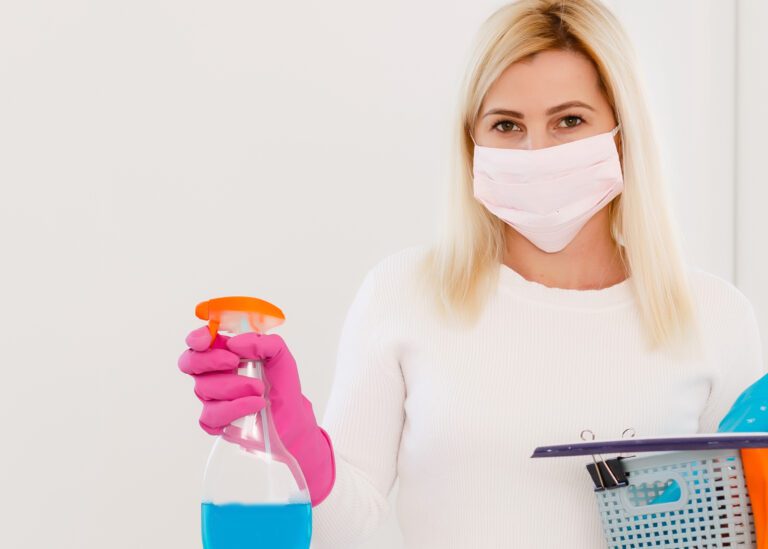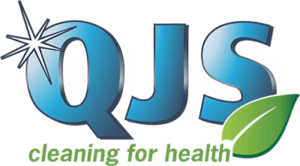
Labour based companies include any company whose operations rely heavily on physical labourers. In our case, it is relied on to provide general and specialized cleaning services. Our industry has its own unique challenges as it deals with Covid-specific cleaning concerns while not traditionally compensating as well as physical trade labour jobs do.
It is key for companies to pivot as challenges and changes come. This has included Initiating better PPE (personal protective equipment) like N95 masks, improved disinfectants, and needed covid decontamination and proactive measures such as rapid testing. Pivoting is an essential part of business survival but is it enough?
A change of business philosophy is sometimes also needed. Last year during the labour shortage we needed to change our perspective. We were no longer in competition for contracts as we had more work than we could handle. We were in competition for labourers. The concept used to be “hire slow and fire fast” This quickly changed to ‘hire fast and fire slow’ Not ideal, but it became a necessity as no workers translate to no work. Then, we needed to change our approach to training and supervising. Needing to be quick to hire, meant internally and externally adjusting training to ensure we maintained quality. Simply put, companies need to change and adapt or die a slow business death. Omicron added even more complexity with additional manpower shortages and individuals calling in sick or with a sick family member and needing quarantining. We must adapt as changes come and show sensitivity to staff and their workload. Sometimes saying no is the best answer to jobs in order to maintain your commitments, quality, and protect the emotional condition of your staff.
Manpower issues are complex. It isn’t just about getting workers; it is about keeping them. It seems no one talks about employee engagement these days. The real cost of disengaged workers isn’t part of the current business conversation. Yet, it is a major factor in keeping workers and an organization moving forward and being proactive on initiatives and plans. It can be the difference between being profitable or not.
Price Increases. Every company hates to pass on increases as they are afraid to lose a client due to cost increases. However, if you don’t keep up with the realities of inflation you simply will lose valuable workers because they cannot remain wage competitive. Even worse, you may find yourself working for free because you didn’t pass on some cost increases as they came and you continually absorbed them due to this fear. Clients can better handle small regular increases instead of large catch-up increases. Large increases often force purchasers to go to tender to prove to their stakeholders they did their job. If you think asking for increases is scary, try not asking for 5 years and then look at the health of your organization.
Here are a few things we have done to get us this far.
- Be willing to evaluate and PIVOT as needed
- Implement PROACTIVE health measures
- Continually BUILD your team and invest in them
- Be CREATIVE when the slow season comes. You may not find the workforce later and training comes with its own cost.
- HIRE STRATEGICALLY – people who like what you do. We hire people we love to clean. (Yes, they exist). Treat them well and they will stay.
- Keep regular billing and compensation INCREASES.
- Strive for EXCELLENCE in your industry – be the best at what you do. We focus on “Cleaning for Health” and we are fantastic at it.
- ANTICIPATE – Develop your instinct by reading, networking and staying ahead of trends and pitfalls.
- Be ENGAGED with trade associations and local Chambers as they can assist in understanding and managing the times we are in and how it will affect your business. Engage your politicians about what is working or not. (Ok this one hasn’t helped yet but I believe it is my responsibility to still communicate).
